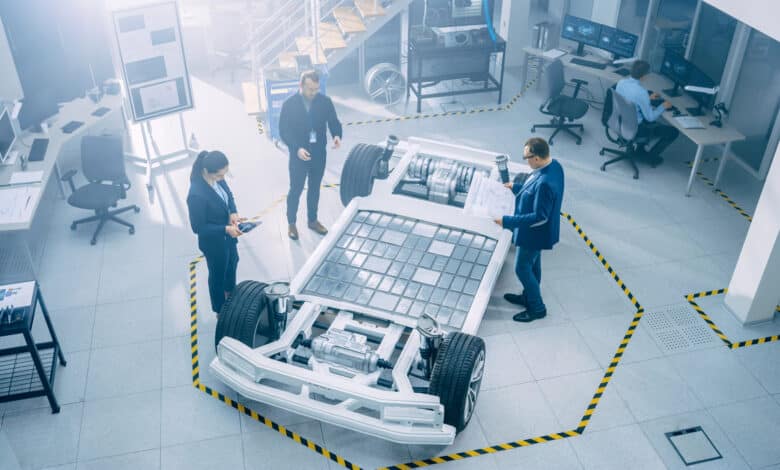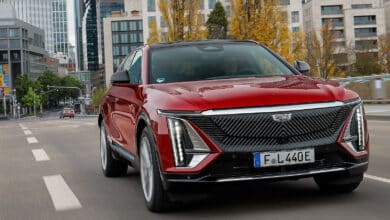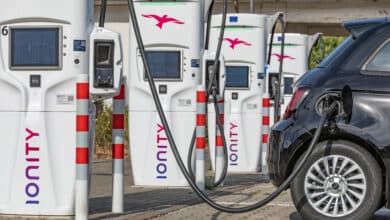
At a time when sustainability and cost efficiency are becoming increasingly important in the technology sector, a new generation of lithium-ion batteries is causing a stir. These batteries, which are based on manganese, could not only be more environmentally friendly, but also significantly cheaper. A breakthrough that is particularly important for electromobility.
The most important facts at a glance:
- New lithium-ion batteries are based on manganese, an abundant element.
- They offer a more environmentally friendly alternative to the cobalt and nickel batteries used to date.
- Manganese batteries are potentially cheaper to produce, which could reduce the cost of electric vehicles.
- The technology could significantly boost the expansion of electromobility.
Electromobility: research team focuses on manganese
A team of researchers from Japan is currently working on a new battery cell technology. The new technology, which uses manganese as the main component in the cathodes of lithium-ion batteries, has the potential to significantly reduce environmental pollution. What’s more, the new batteries would be significantly cheaper to produce. A report by scitechdaily.com reveals that initial successes have now been achieved in the development process.
Until now, cobalt and nickel have often been used in lithium-ion batteries – two materials that are not only expensive to mine and process, but are also ecologically and ethically problematic. The mining of cobalt, for example, is often associated with poor working conditions and considerable environmental pollution. This is particularly true in regions such as the Congo.
Manganese, on the other hand, is not only widespread, but also significantly less problematic to extract. This makes the new batteries a more environmentally friendly alternative. In addition, research has shown that manganese-based batteries can offer similar performance to conventional lithium-ion batteries. This makes them a promising candidate for use in electric vehicles.
Electromobility: sustainable and cost-saving
Another key advantage of manganese-based lithium-ion batteries is their potential cost efficiency. The manufacturing costs of electric vehicles are largely dependent on the cost of the batteries, and until now the expensive procurement of raw materials has been a limiting factor. This could change with the introduction of manganese-based batteries.
Manganese is not only more easily accessible, but also cheaper to process than cobalt and nickel. This could lead to a significant drop in the price of electric vehicles and make them more widely available. Particularly in view of the increasing demand for electric vehicles and global efforts to reduce CO2 emissions, this development could make an important contribution to the spread of sustainable mobility.
- Latest news on electric mobility: Presentation of the new Audi A6 e-tron
Conclusion
Manganese-based lithium-ion batteries could help electromobility achieve a decisive breakthrough. With their potential to be both more environmentally friendly and cheaper, they offer an attractive alternative to conventional battery technologies. If they prove themselves in practice, they could permanently change the market for electric vehicles and pave the way for wider acceptance. The future of electromobility thus looks not only greener, but also more affordable.



